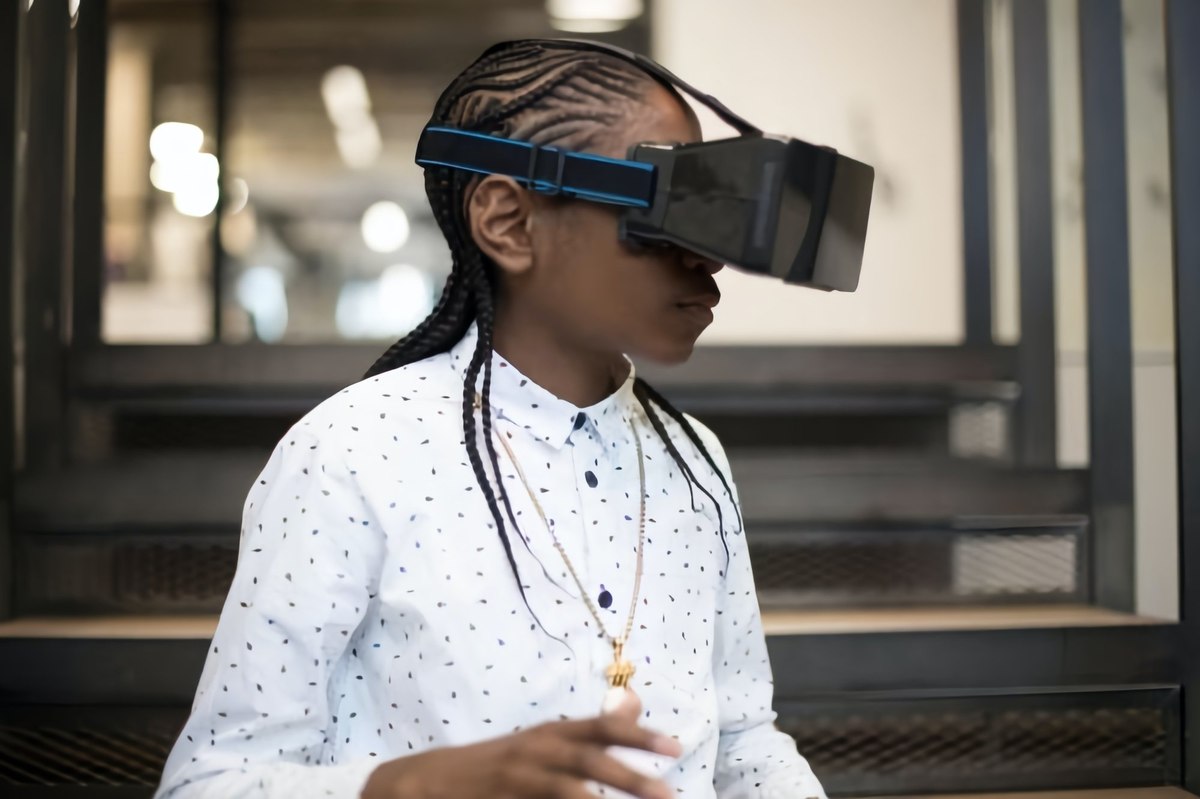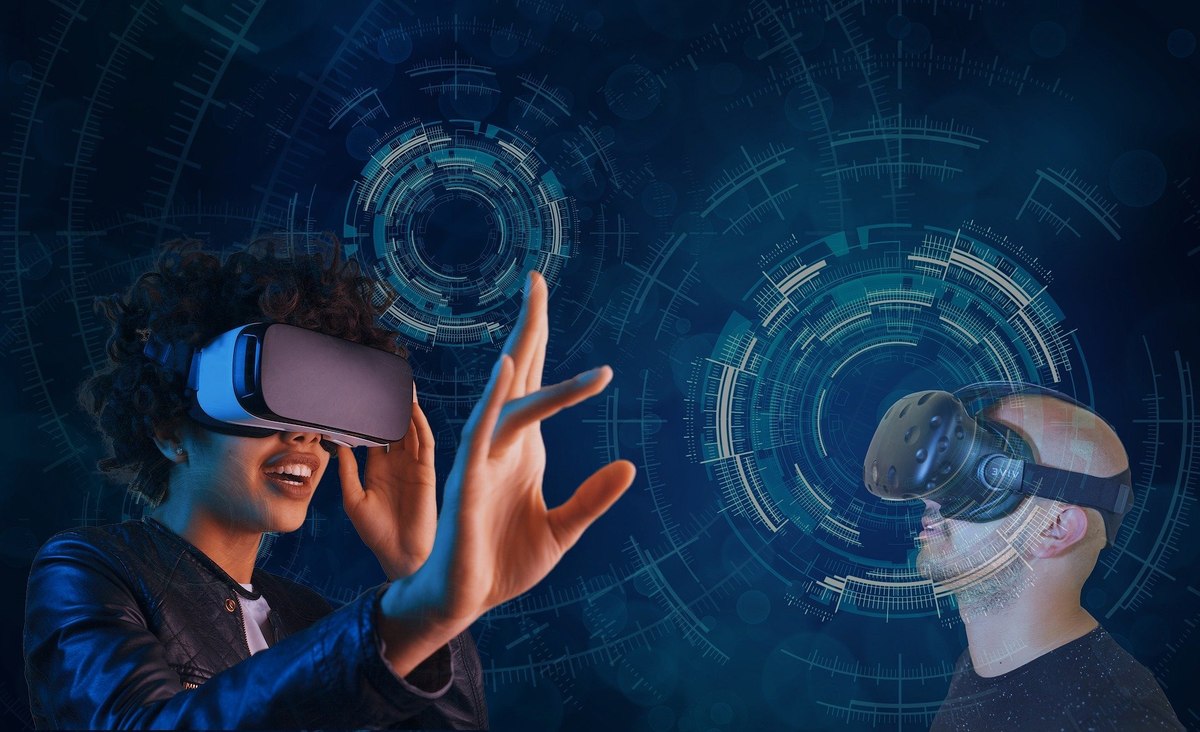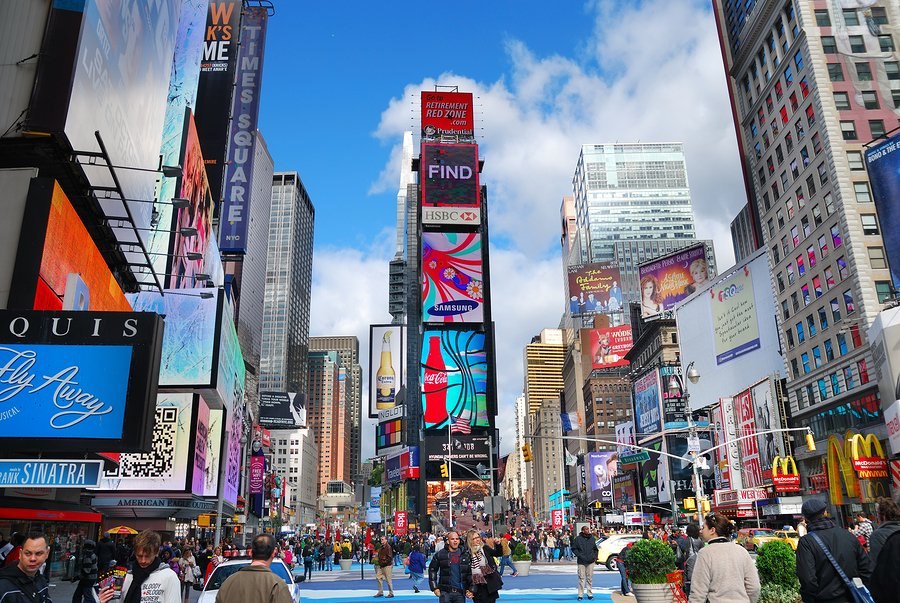
Do Americans understand the metaverse – and do they care?
The “metaverse” concept is much-hyped and – judging from YouGov data – not fully understood. Our research shows that, when you ask the American public, just 12% say they fully know what it is, while two in five (39%) say they have a partial understanding of it. Another two in five (54%) do not understand what the metaverse is at all.
But even if consumers aren’t up to scratch on the definition, they might still be interested in a possible application of the technology: interacting with others, or with businesses, in a virtual 3D space. The data shows that, if you ask the US public, a quarter say they’d be interested in socialising in this kind of digital environment (26%), three in ten (31%) say they’d use it to work with colleagues, and nearly two in five (38%) say they’d use it for shopping.
But in each case, Americans are more likely to be uninterested than interested.
In general, those interested in virtual 3D activities tend to skew younger. Two in five 18-34s are interested in using the metaverse to work (39% vs. 31% nat rep), or shop (40% vs. 38% nat rep), and a third to socialise (34% vs. 26% nat rep). Compare with those in the 35-54 bracket (36% vs. 31% interested in using it to work; 28% vs. 26% to socialise; 38% vs. 38% to shop) or over 55 bracket – 21% vs. 31% interested in using it for work, 18% vs. 26% to socialise, 36% vs. 38% to socialise – and it may be that more needs to be done to make this technology interesting to older Americans.
Virtua Shopper: Americans most likely to visit 3D grocery stores
We also asked consumers which 3D virtual businesses they’d be most likely to visit in a metaverse-style space. The most popular options were grocery stores such as Walmart (26%) (whose virtual shopping video from 2017 has been a famous/infamous example of the technology in action), tourist destinations (24%), electronics stores such as Best Buy (22%), car dealerships (21%), and DIY/hardware stores such as Home Depot (20%).
At the other end of the scale, it appears consumers aren’t sure that 3D technology can replicate the thrills of an amusement park: just 12% say they’d go to virtual Disney World or Six Flags – roughly the same proportion would visit a digital bank branch (13%) or a department store (11%). Virtual casinos come rock bottom (10%); it could be that the lack of natural light or the ease with which one could make a risky financial decision puts consumers off.
In any case, a third of Americans (33%) are uninterested in 3D consumer experiences entirely. For them, marketers may well need to make a better case for it as the conversation around the metaverse becomes bigger and more serious.
Methodology
YouGov polled 2000 US adults online on January 25, 2022 between 20:27 GMT and 03:47 GMT. The survey was carried out through YouGov Direct. Data is weighted by age, gender, education level, political affiliation, and ethnicity. Results are nationally representative of adults in the United States. Learn more about YouGov Direct.



































